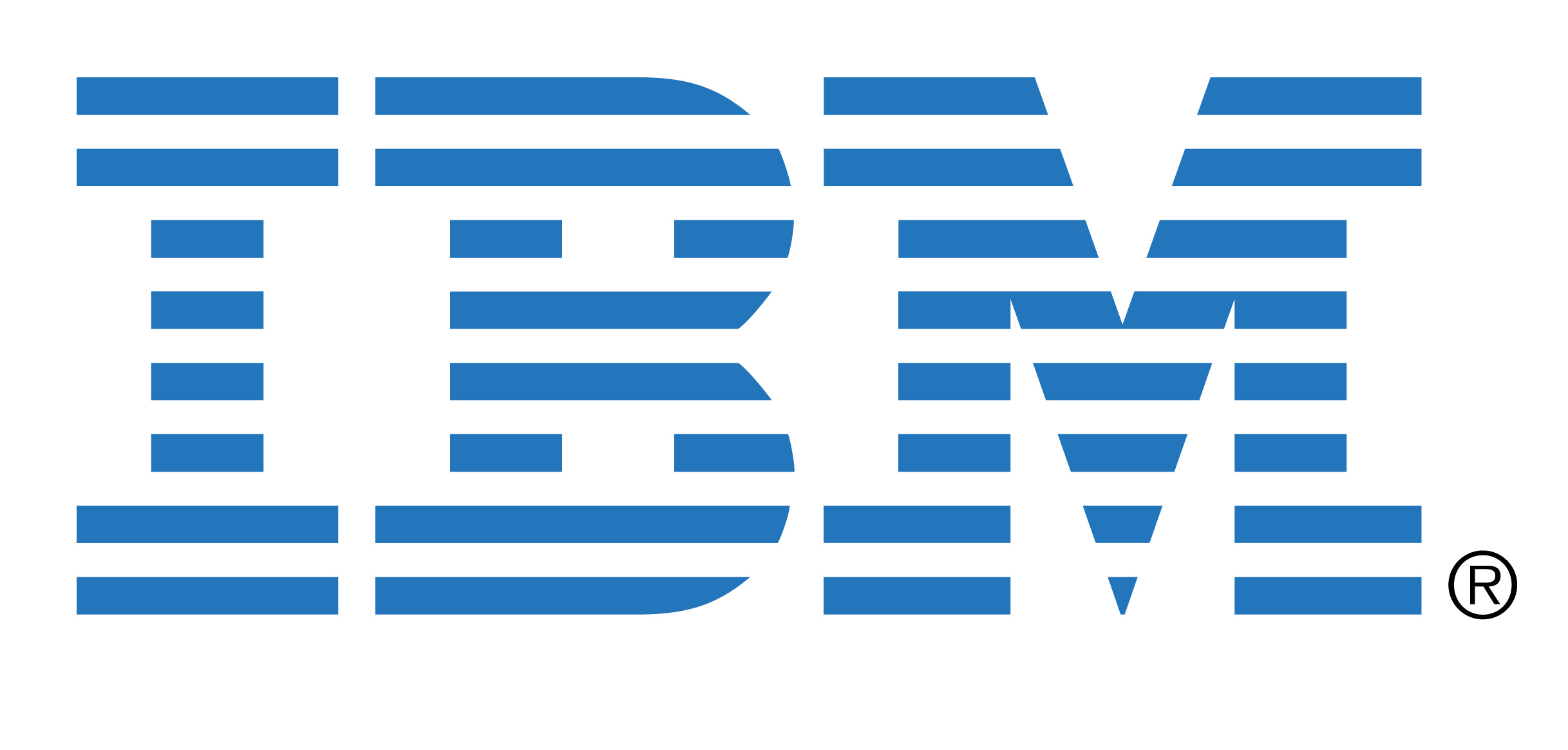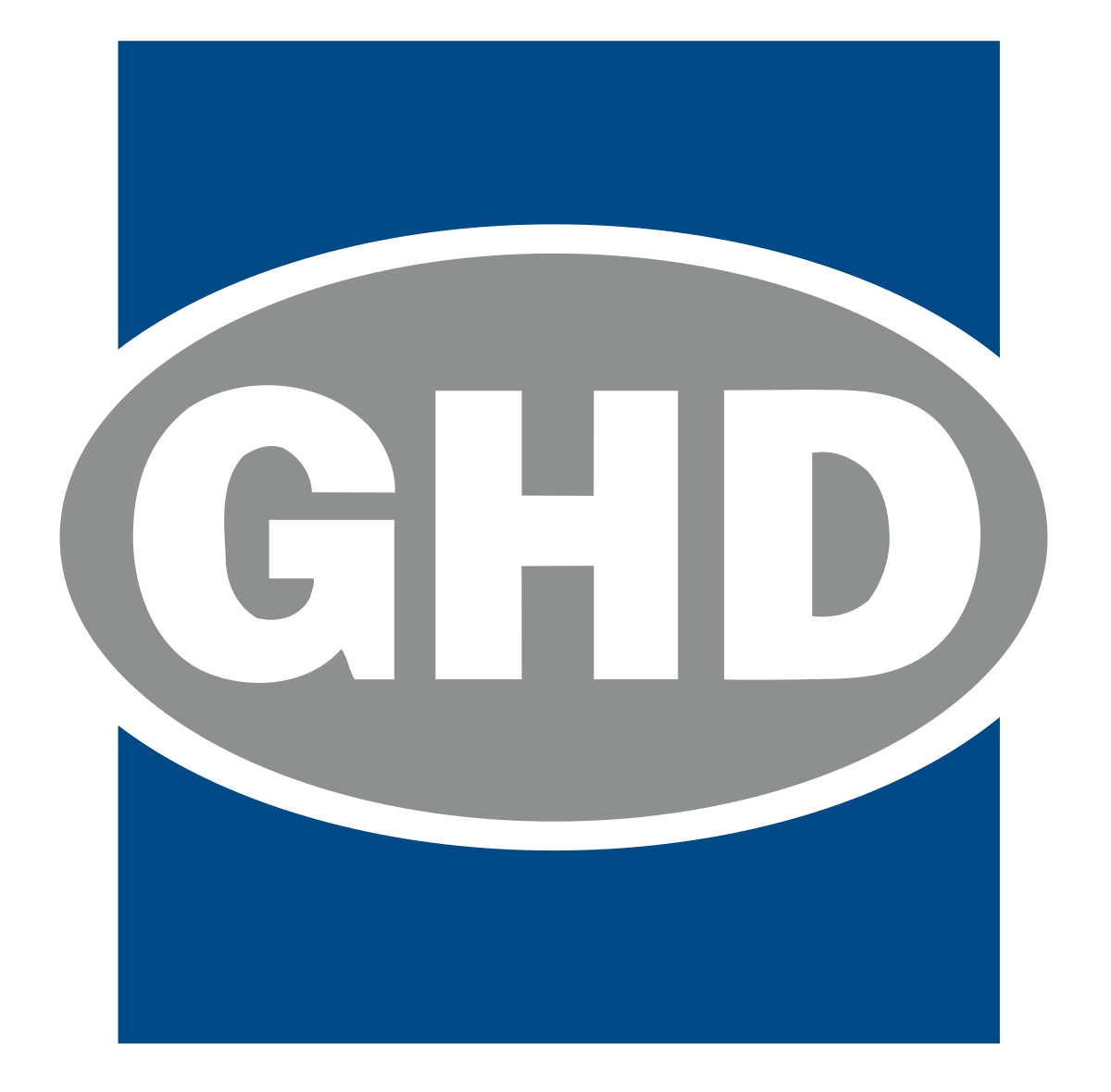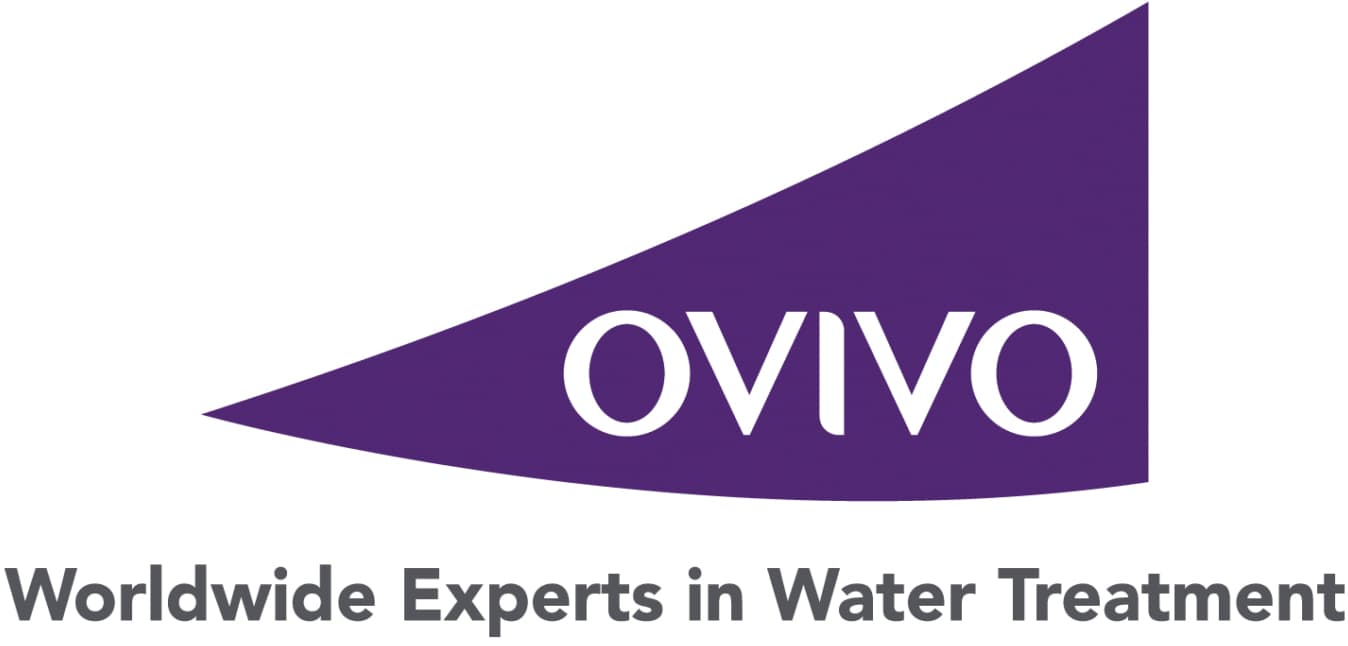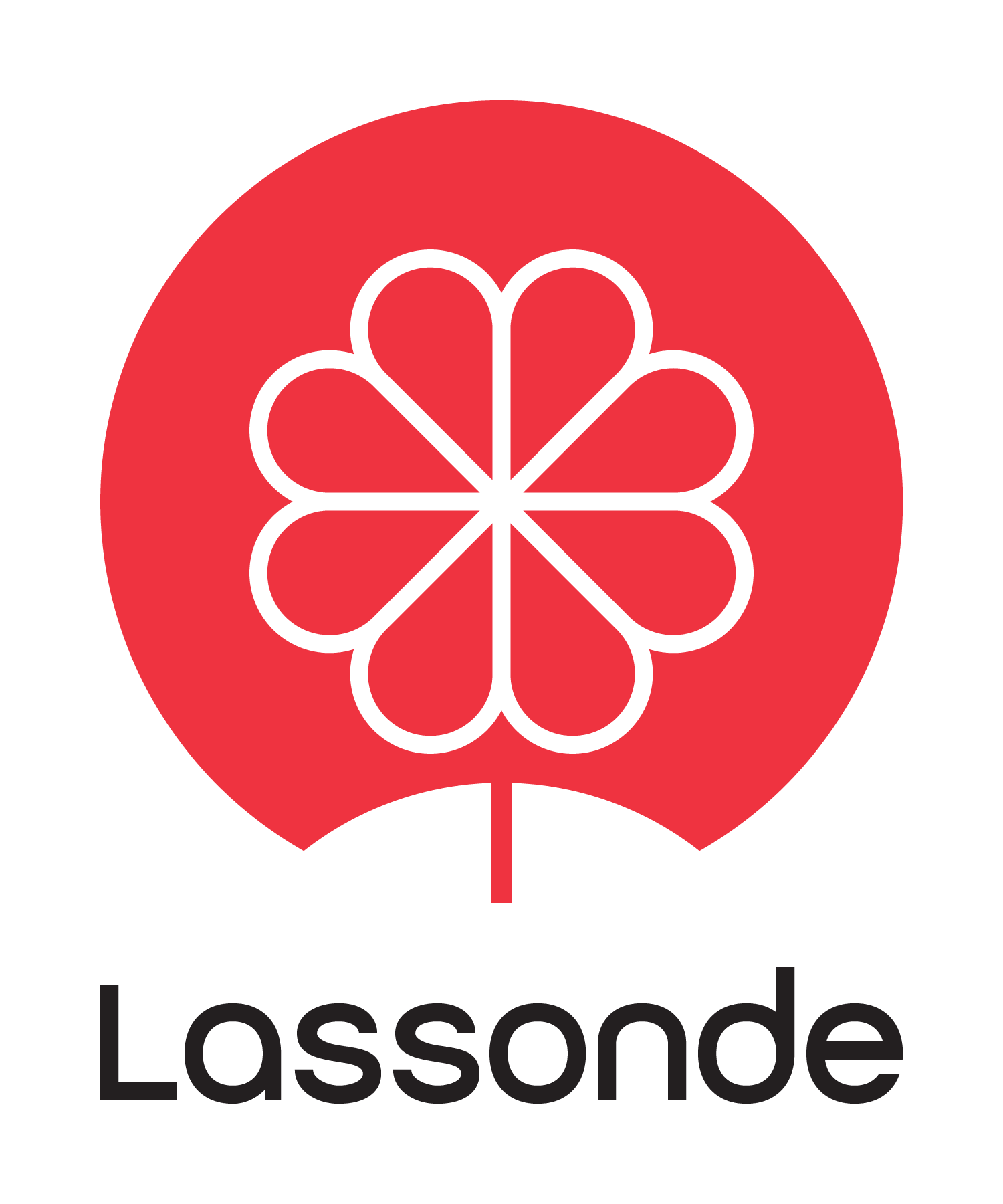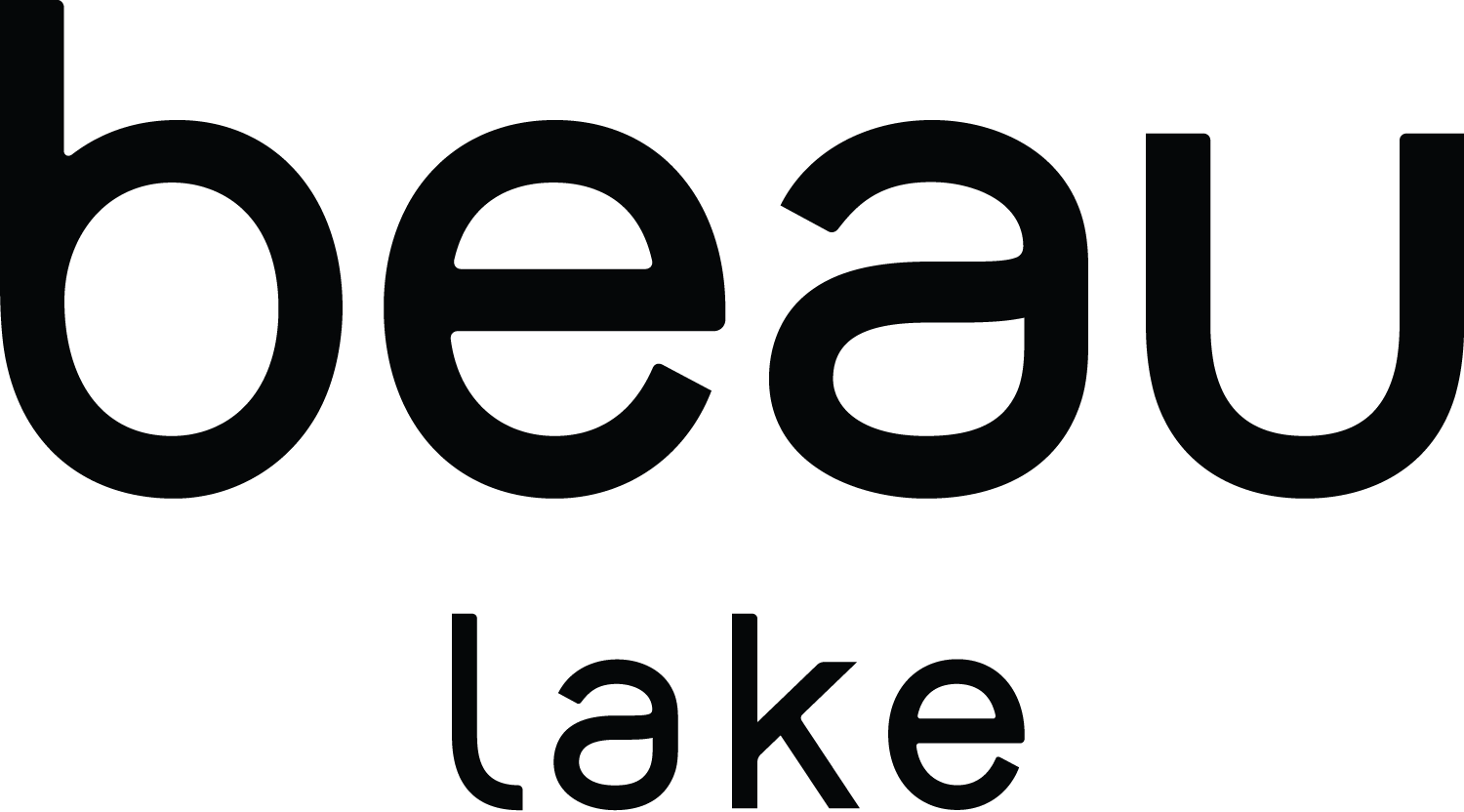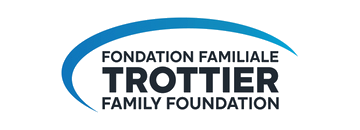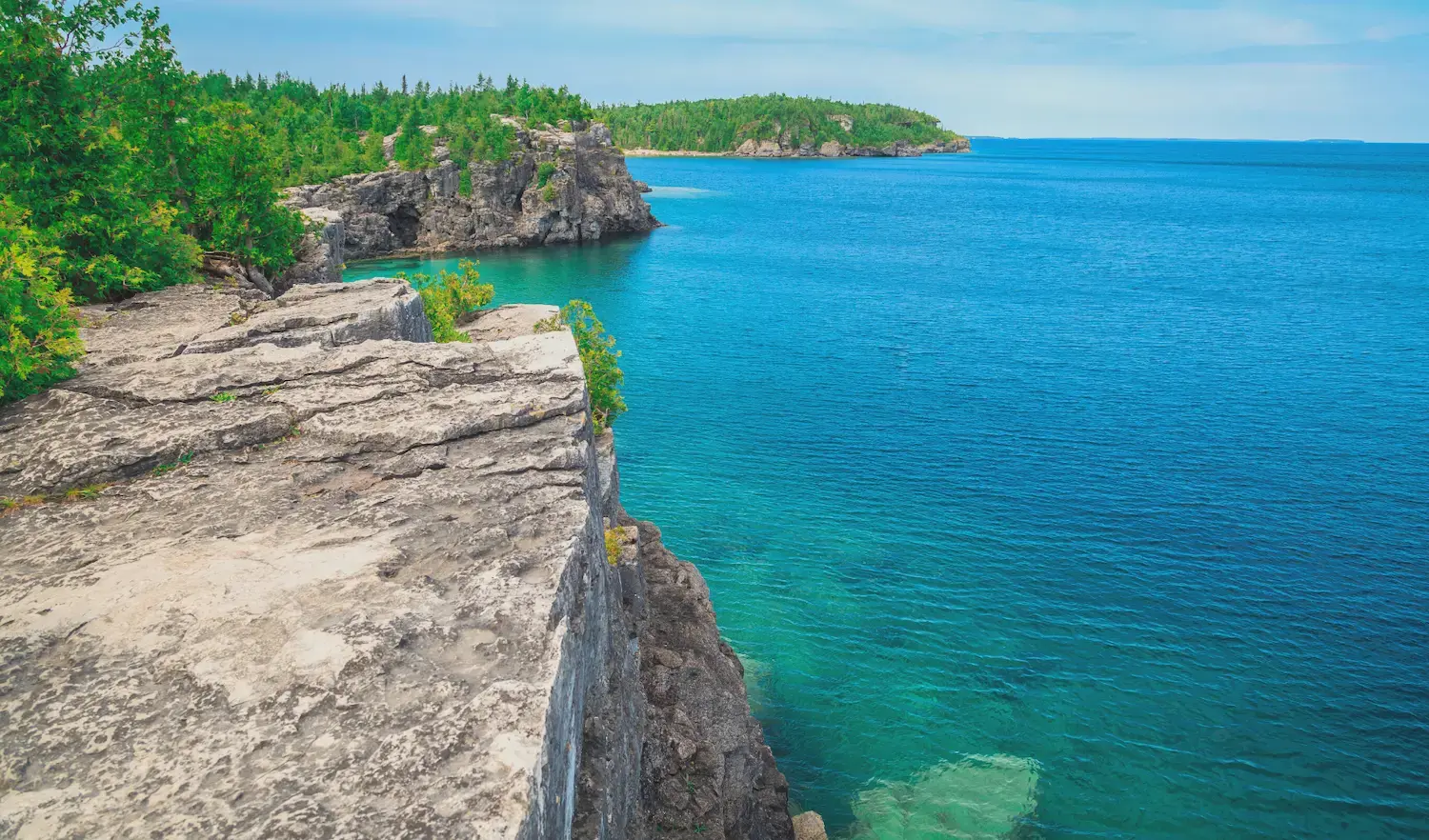
AquaHacking Challenge
GREAT LAKES & ST LAWRENCE BASIN 2019
Between February and October 2019 young innovators were invited to put their skills to work, creating ground-breaking solutions to some of the most critical environmental freshwater issues
HOSTED BY

ABOUT THE CHALLENGE
The Great Lakes and St. Lawrence Basin is the largest system of fresh surface water on earth, containing 21% of the world's freshwater. As such, it's the primary drinking water source for over 40 million people, and it would rank as the third largest economy in the world if it was a country.
Between February and October 2019, young innovative minds - from Ontario and Quebec- were invited to create groundbreaking solutions to critical environmental water issues affecting the Basin.
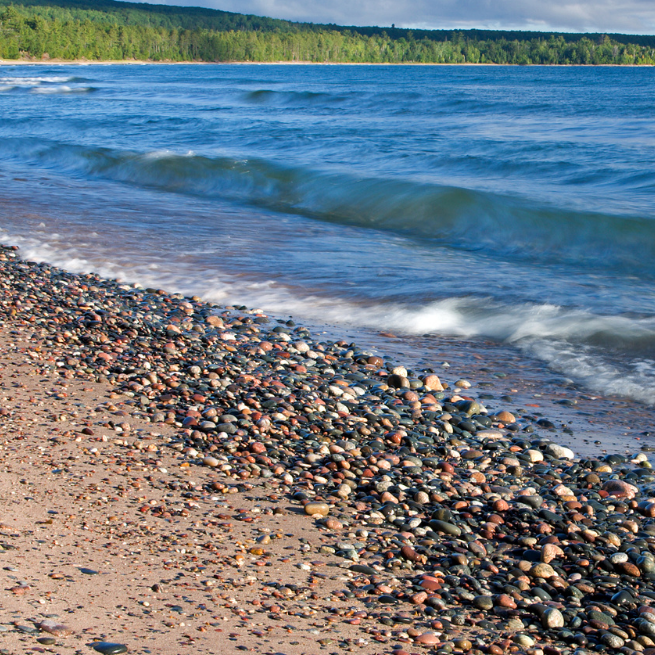
THE WATER ISSUES TACKLED IN THIS CHALLENGE
 MICROPLASTICS
MICROPLASTICS
How might we develop an intervention to prevent plastics and microplastics from entering the waters of the Great Lakes and St. Lawrence Basin?
Water Issue Leaders:
University of Sherbrooke, McMaster University and Great Lakes and St. Lawrence Cities Initiative
 "FLUSHABLE" WIPES
"FLUSHABLE" WIPES
How might we develop a solution to prevent wipes from contaminating wastewater collection and treatment systems?
Water Issue Leader:
Municipal Enforcement Sewer Use Group
 ROAD SALTS
ROAD SALTS
How might we divert road salt from entering the Great Lakes and St. Lawrence Basin?
Water Issue Leader:
WWF
 FLOODPROOF COMMUNITIES
FLOODPROOF COMMUNITIES
How could we reduce climate-related damages and economic losses from flooding for individuals, communities, infrastructure and the environment in the Great Lakes and St. Lawrence River Basin?
Water Issue Leader:
Great Lakes and St. Lawrence Cities Initiative
 MUNICIPAL WATER AND DRINKING FOUNTAINS
MUNICIPAL WATER AND DRINKING FOUNTAINS
How might we increase public trust and use of public water throughout the City of Montreal?
Water Issue Leaders:
City of Montreal and APEL
MEET THE FINALISTS

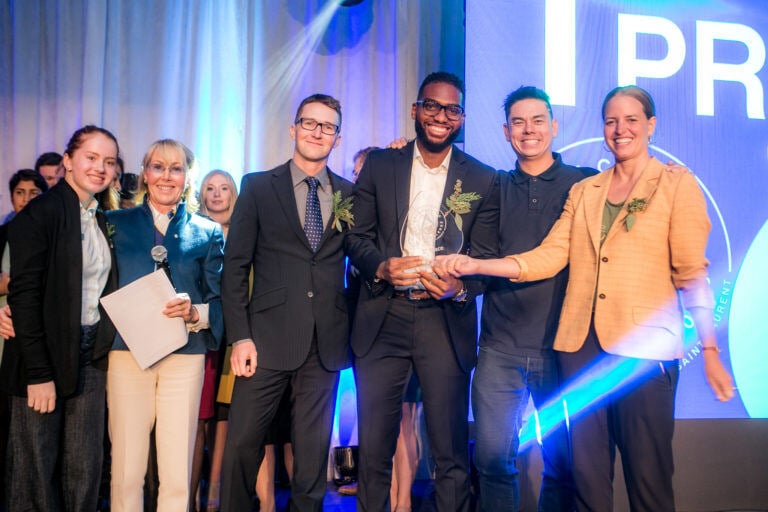
THE GREEN STOP
The Green Stop became O'Land and offers eco-friendly services in outdoor urban settings - starting with access to free drinking water refill stations - to reduce plastic pollution and save our oceans.
Team:
Rachel L.Bellas, Brendan Carberry and Olabode Agagu

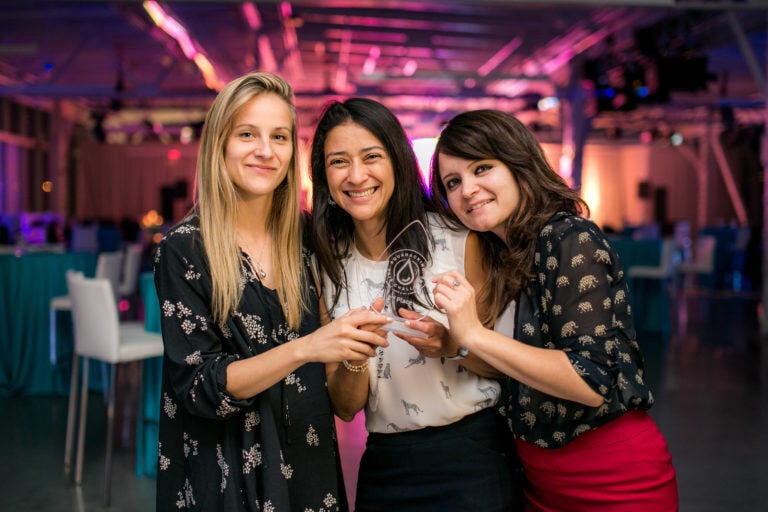
CLEAN NATURE
Clean Nature offers an innovative solution for winter road maintenance, excessive de-icing salts application and chlorine water pollution. Their solution focuses on preventing excessive salt road use through an adapted artificial intelligence model (AIM) based on real-time local environmental, meteorological and road conditions.
Team:
Anne Carabin, Patricia Gomez
and Claudie Ratté-Fortin

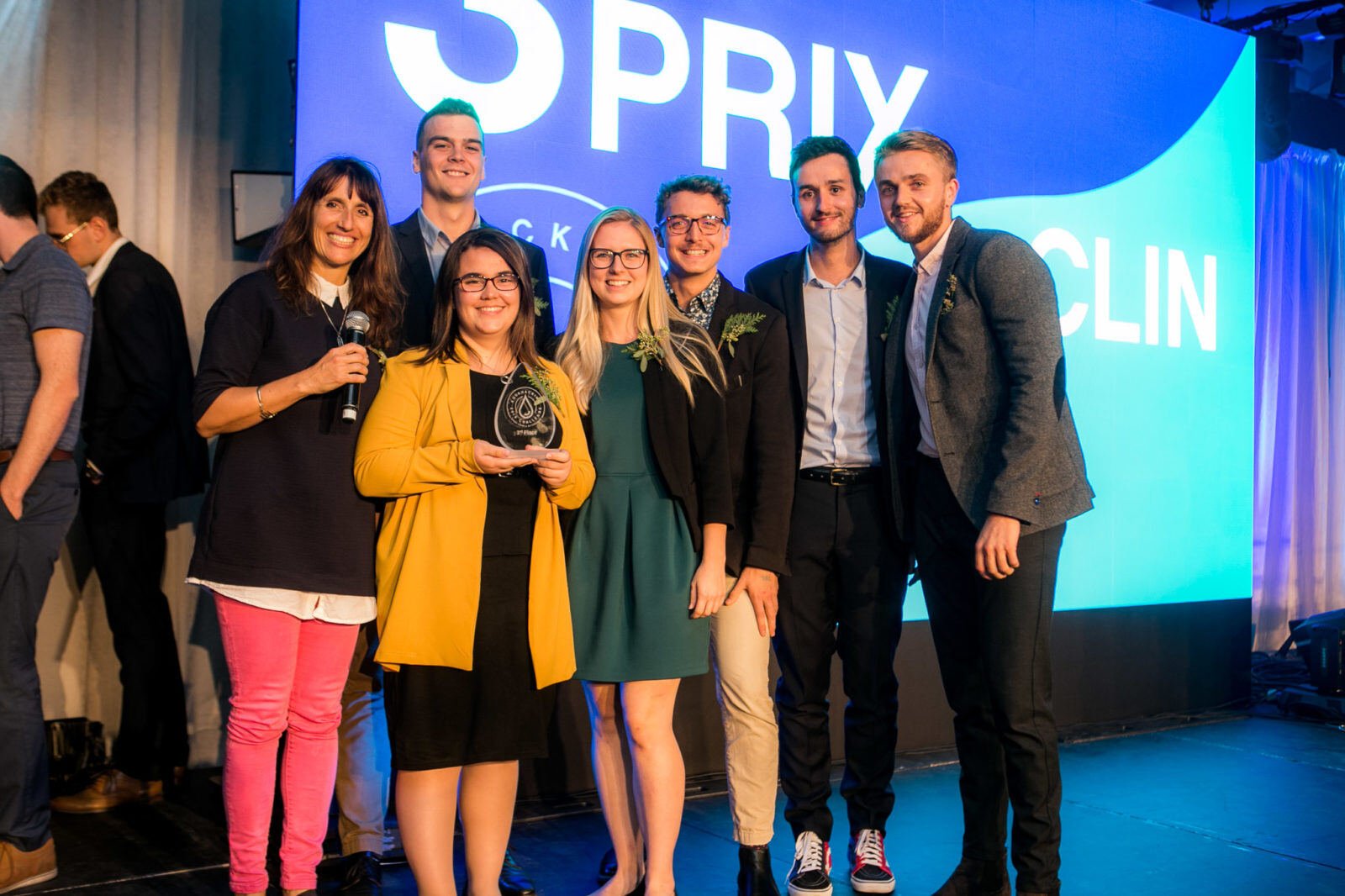
CLIN
Their solution captures microfibers after the stock air filter with an add-on well-adapted filter. By overlooking the current air filtration technologies and with a rigorous analysis of drying conditions (temperature, humidity, flow rate, pressure) it is feasible to develop adaptable dryer filters for microparticles.
Team:
Guilhem Aliaga, Francois-Xavier Teysseire,
Jean-Claude Chartrand, Valerie Boucher
and Cassandra Guerette

SALT-ED
A user-friendly device combined with an eco-friendly process for pre-wet salt and sanding techniques for winter road.
Team:
Lauren Gaile, Frederick Dufresne
Kevin Desjardina-Galley and Connie Lopez

BELLO WATER
Bello Water became Bello. and they have reinvented the distribution of drinking water offering a sustainable alternative to the plastic water bottle.
Team:
Clement Bouland & Marc Schaal

DROPLETS
A digital platform to increase the public's trust in municipal tap water, and raise awareness about where to find public water fountains, to effectively decrease the use of plastic water bottles. Furthermore, applying current computing technology, in particular, Artificial Intelligence (IBM watson), they want to better understand the usage of tap water and assist in urban planning.
Team:
Mohamed Ibrahim, Yin Zhou and Monica Mazur
ADVISORY COMMITTEE
Jean-François Barsoum
Senior Associate Consultant, Smart Cities (Water and Transportation) - IBM
Kevin Boehmer
Managing director – Water Institute, University of Waterloo
Bernadette Conant
CEO – Canadian Water Network
Kerry Freek
VP and Senior manager of communications – WaterTap
Madhu Malhotra
Manager, Strategic Analysis Section, Land and Water Policy Branch - Ontario Ministry of Environment
Scott McKay
Program and Policy Manager – Great Lakes and St. Lawrence Cities Initiative
Sébastien Sauvé
Vice-Dean, Faculty of Arts and Science – University of Montreal
Nancy Stalder-Salt
Great Lakes Program Coordinator – Environment and Climate Change Canada
Brendas Lucas
Executive Director – Southern Ontario Water Consortium
Jacques Durocher
Chairman – Stratégies Saint-Laurent
Mélanie Deslongchamps
Executive Director – APEL
